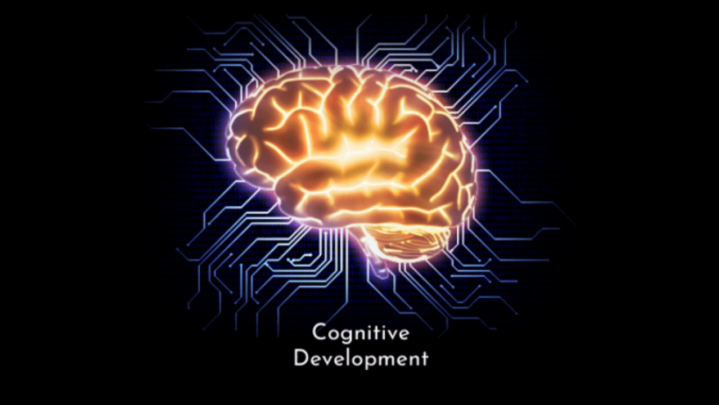Cognitive development is a difficult concept to grasp. Because cognitive development extends past childhood and into adolescence, we’re confident you’ll be interested in learning more. The process by which people acquire, organise, and learn to use knowledge is known as cognitive development. In psychology, the study of cognitive growth has traditionally been limited to children. Cognitive growth, on the other hand, continues throughout adolescence and maturity. It entails language and knowledge acquisition, as well as thinking, remembering, decision-making, problem-solving, and exploration. Much of the research on children’s cognitive development focuses on their ability to think, create knowledge, explore, and solve issues.
The study of childhood neurological and psychological development is known as cognitive development. As an indicator of brain development, cognitive development is measured using the level of conception, perception, information processing, and language. Cognitive development is said to progress with age, as human awareness and comprehension of the world grow from childhood to adolescence. In his Theory of Cognitive Development, Jean Piaget detailed the process of cognitive development for the first time.
Jean Piaget devised the Theory of Cognitive Development, which describes how cognition develops with age. While many components of the original cognitive development hypothesis have subsequently been disproved, the objective properties of cognitive development remain true. The journey from early perceptions and realisations of object permanence in infancy through the formation of logic and cause-and-effect links in childhood, and finally the production of abstract cognition in adolescence are examples of such elements. Recent cogitative development theories have used current scientific methodologies in neuroscience and psychology to extend Piaget’s original thesis.
Also Read: Reasons That Prove Gemini & Libra Are Made For Each Other





